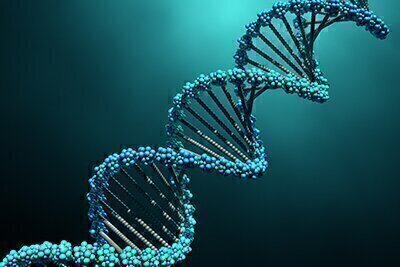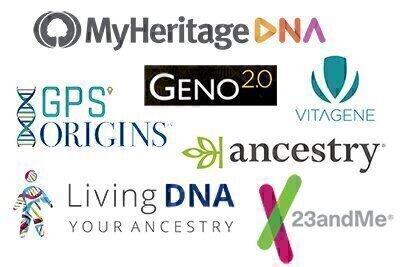In 2003 the Human Genome Project completed sequencing human DNA, promising a medical research revolution. Its scientists probably didn’t think their years of work would help make genetic testing so commonplace that each year millions would casually submit their DNA to various companies for analysis. Or that the reports they received would fuel cocktail party chatter among strangers.
More than a dozen outfits are in the direct-to-consumer DNA-testing business: Get a collection kit, spit into a tube or swab your cheek, and send in your sample. A few weeks or months later, you get an online report.
These companies analyze genes for various reasons, from testing for medical conditions to romantic matchmaking, but most consumers are buying them for estimates of their ancestry or ethnicity.
While genetic science continues to make important discoveries and invent breakthrough medical treatments, the breakthroughs made by DNA ancestry companies are largely marketing ones. Some companies overpromise on what they can deliver; others aren’t transparent enough about what else they do with all the genetic info they’re scooping up. While it’s fun to learn you might be 10 percent Nigerian, Norwegian, or Native American, these tests sometimes lead to unforeseen or unwanted consequences, and there are serious privacy issues at stake—after all, we’re handing off our entire genetic identities.
Checkbook asked three volunteers to submit their DNA to eight services. Each company provides estimated ancestry percentages, but their reports differ somewhat in how far back they look, how conservative they are in making ethnic connections, and the clarity and thoroughness of their explanations.
Four of the eight companies also offer to use customers’ DNA to connect them to biological family members who have also submitted samples.
And several of the services are keenly interested in selling additional products—for additional fees, of course. 23andMe offers to test for genetic medical conditions and carrier traits. AncestryDNA can link its customers to Ancestry.com, a sister site that offers rich conventional genealogical info and family trees. HomeDNA and Vitagene peddle (in our view, scientifically dubious) personalized diet and nutrition plans. HomeDNA also hawks “healthy weight” analyses, skin care, and allergy reports—and will even test your pets’ DNA.
At Checkbook we prefer to rely on rigorous research. But we can’t assess the accuracy of DNA ancestry reports. Despite some companies’ advertised promises, they at best can provide very general and imprecise estimates, especially when they try to assign users to regional ethnic groups. But we found some companies are better than others at explaining their findings and placing them into historical context.
We also discuss why you should think twice before ordering a DNA test. You might get more than you bargained for: In addition to learning tidbits on their ancestry, some folks discover shocking family secrets like infidelity and closed adoptions. The medical testing done by 23andMe could be inaccurate or misinterpreted. And we have serious concerns about how carefully these companies store data and with whom they might share it.







